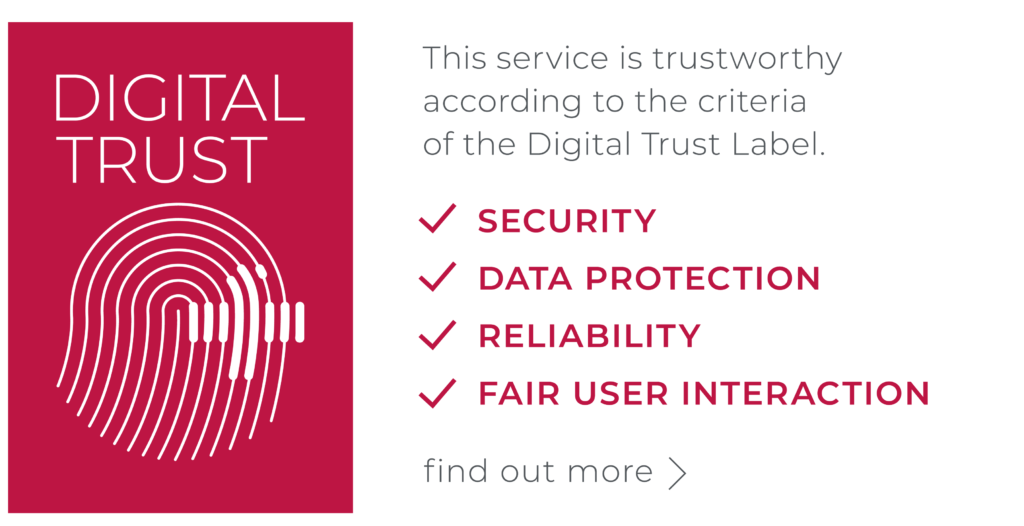Access to PeopleWeek is based on user roles. The role or roles assigned to a user determine the individual’s access rights, in other words the data that the user can see.
Examples of roles are Employee, Manager, Global HR Manager, Entity HR Manager, Department Manager, Training Manager, Compensation Manager, Talent Manager, Recruitment Manager, Expenses Manager, and Compliance Manager. There are many different types of roles in PeopleWeek and they also vary according to the modules purchased by the customer.
These user-roles are hard-coded into the system, as opposed to being customised for different clients. This “in-built privacy” within the design of PeopleWeek minimises the possibility of a configuration error resulting in a user having the wrong level of data access. We believe that this provides an additional level of reassurance to our customers.





